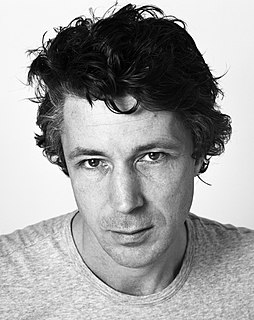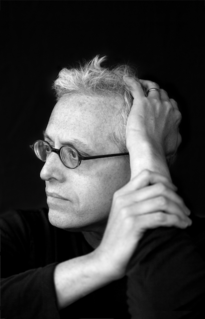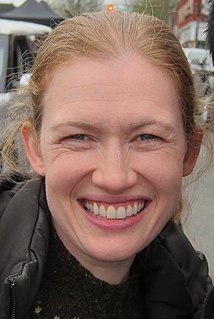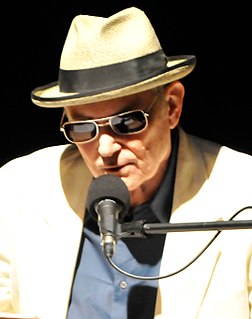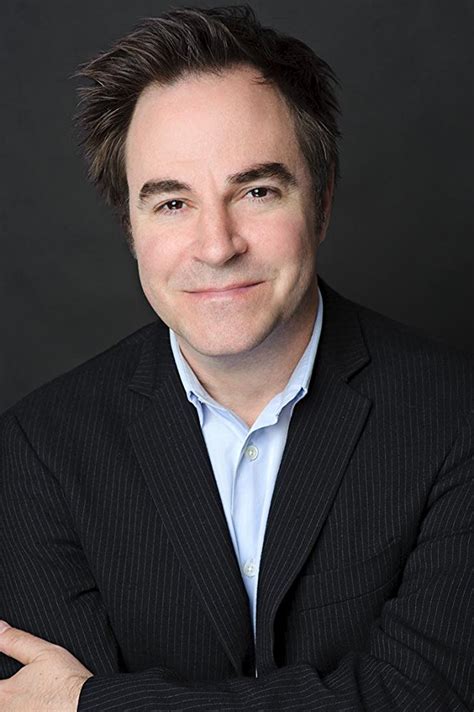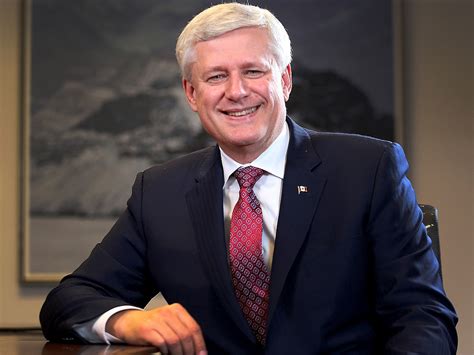A Quote by Aidan Gillen
I've made a point of trying not to play the same part and of moving between theatre and film and TV. The idea is that by the time you come back, you have been away for a year, and people have forgotten you. If you like having time off, which I do, that's a good career strategy. Or at least, it's my strategy to keep my head together.
Related Quotes
I've come to view screenwriting assignments as playwriting grants, because they provide a considerable financial cushion. However, they can also be extremely time-consuming. Film projects tend to drag on and on, which takes me away from the theatre, and then they don't get made. At the same time, the screenplays that have come my way have been quite challenging, for the most part, and even enjoyable.
My career has taken so many different paths to this point that I've come to realise that we're all the same, everywhere I've been. We're all just creatures trying to tell stories as good as we can, so whether that's in a tiny theatre or as part of the biggest multi-million dollar film, we're all still just trying to tell a good story at the end of the day.
It's about being in a race with time - just having a strong sense of mortality, and the idea of, How much time do you have left? How do you want to spend it? What I always come up with is: keep on writing, keep on working. But you can become sterile. It's become a matter of trying to find inspiration someplace outside of my own head, which I've been using exclusively for too long.
The idea that relationships are not a strategy is potent; and the sad commentary proceeds to say that often relationships are seen as a strategy, a means to accomplish great things - except love and relationship are not what is really wanted. We want to appear relational so people will like what we have to offer. It's the difference between wanting a good marriage and loving the person you married.
A good strategy focuses efforts on a target, and that focus can only be achieved by not diffusing energy in other directions - that is the meaning of Michael Porter's dictum of "choosing what not to do." At the same time, a good strategy chooses the right target to focus on, not wasting the focus of energy on a target that cannot be affected or that is unimportant - that is the meaning of Drucker's distinction between efficiency and effectiveness.
The single most damaging misconception about strategy is that it is a set of financial performance goals. The so-called "strategies" created by many managements are nothing more than three-to-five year financial performance forecasts. They are then labeled "strategy" and shipped off to the board of directors which goes through the motions of discussing how big the numbers are. Strategy is not your aspirations. Strategy is concerned with how you will arrange your actions and resources to punch through the challenges you face.
I've always loved theatre because it's so immediate. The challenge of it is that, career wise, it's easier to get traction in the industry if you do film and TV because the audience is larger, and because the work can be seen for a longer period of time. I did solid work in a series of regional and Off-Broadway shows, but the work I did on TV or film will have a longer life with a larger audience (and with services like Netflix). Ultimately, there's something intimate about TV, because the storytelling and the actors come home with the viewer. It can be powerful because of that.
